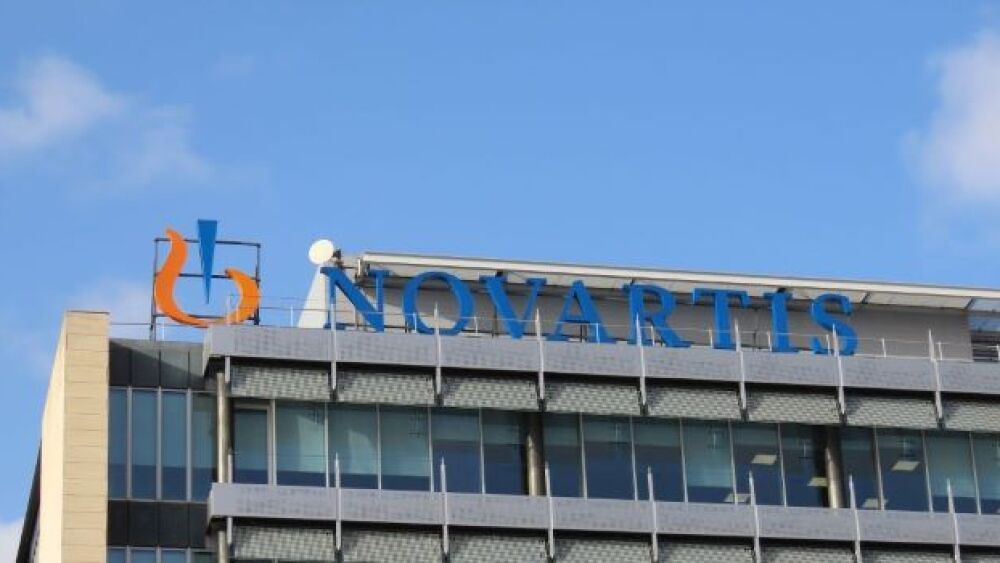Topline data from the Phase III NATALEE study showed Novartis’ Kisqali met its primary endpoint, reducing the risk of recurrence in early breast cancer.
A Novartis building under a blue sky/courtesy of Cristina Arias/Getty Images
Topline data from the Phase III NATALEE study showed Novartis’ Kisqali (ribociclib) met its primary endpoint, reducing the risk of recurrence in early breast cancer, the company announced Monday.
Though no specific data were revealed, the combination of Kisqali and endocrine therapy was able to significantly improve invasive disease-free survival (iDFS) in patients with HR+/HER2- disease, as compared with standard adjuvant endocrine therapy alone.
Because NATALEE had already met its goals, an Independent Data Monitoring Committee recommended ending the study early. As per the trial’s protocol, Novartis will continue to follow patients to evaluate long-term outcomes, including overall survival.
Novartis’ stock jumped 6% in premarket trading Monday.
Around 30% to 60% of HR+/HER2- patients with stage II and III early breast cancer remain at risk of disease recurrence after endocrine therapy, a company spokesperson told BioSpace in an email.
NATALEE is the first Phase III study to positively demonstrate the consistent benefit of a CDK4/6 inhibitor in this patient population, including those who have no nodal involvement, the spokesperson said.
NATALEE is a multi-center, randomized and open-label study enrolling around 5,100 adult patients across 20 countries. Its primary outcome is iDFS, defined as a composite of locoregional relapse, ipsilateral and contralateral invasive breast cancer, distant recurrence, new types of cancer events and death from any cause.
In the study, Kisqali was given at a relatively low starting dose of 400 mg, as opposed to its approved dosing of 600 mg in metastatic disease, to minimize negative effects on patients’ quality of life.
Novartis will submit data from NATALEE to regulatory authorities worldwide, the spokesperson said, adding that the company cannot speculate on the outcome of these discussions.
Novartis’ Recent Cancer Developments
This late-stage triumph for Kisqali is only the latest development in Novartis’ oncology portfolio.
In December 2022, Novartis’ intravenous radioligand Pluvicto (lutetium (177Lu) vipivotide tetraxetan) aced the Phase III PSMAfore trial, leading to significant and clinically meaningful improvements in radiographic progression-free survival. The trial enrolled metastatic castration-resistant prostate cancer (mCRPC) patients who tested positive for the prostate-specific membrane antigen (PSMA).
Pluvicto is already approved for PSMA-positive mCRPC.
In August 2022, Novartis posted positive late-stage data from tislelizumab, which it is developing in partnership with BeiGene. The investigational antibody led to a non-inferior overall survival rate compared with sorafenib when used to treat unresectable hepatocellular carcinoma in the Phase III RATIONALE 301 study.
The same month, Novartis reported a Phase III flop for canakinumab, when results from the CANOPY-A trial showed the candidate failed to improve DFS in adult non-small cell lung cancer patients.






